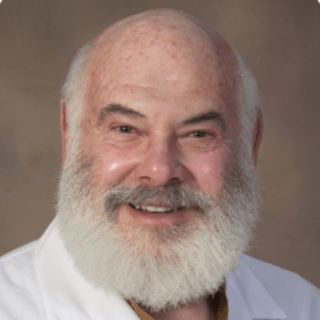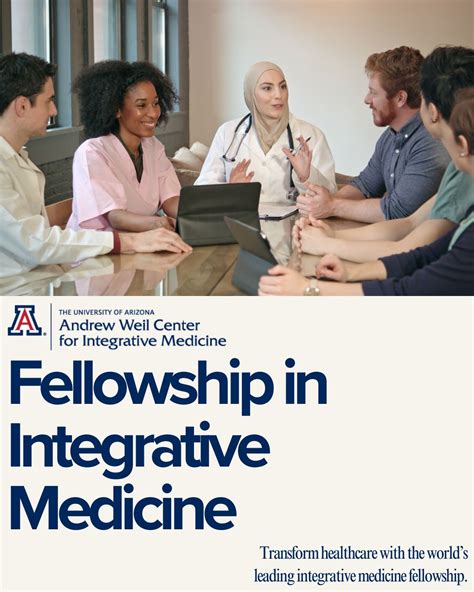Andrew Weil Md

Andrew Weil, MD, is a renowned American physician, author, and spokesperson for the alternative medicine movement. With a career spanning over four decades, Dr. Weil has been a pioneer in the field of integrative medicine, emphasizing the importance of combining conventional Western medicine with holistic and natural approaches to health and wellness. As the founder and director of the Andrew Weil Center for Integrative Medicine at the University of Arizona, Dr. Weil has played a significant role in shaping the conversation around alternative and complementary therapies.
Early Life and Education

Andrew Weil was born on June 8, 1942, in Philadelphia, Pennsylvania. He developed an interest in botany and natural history at an early age, which would later influence his approach to medicine. Dr. Weil earned his Bachelor’s degree in Biology from Harvard University in 1964 and went on to attend Harvard Medical School, where he received his MD in 1968. During his medical residency, Dr. Weil became increasingly interested in the potential of alternative therapies, including meditation, yoga, and herbal medicine.
Career and Contributions
Dr. Weil’s career has been marked by a commitment to exploring the intersection of conventional and alternative medicine. In the 1970s, he traveled extensively throughout the world, studying various traditional healing practices and learning from indigenous cultures. This experience deepened his understanding of the importance of considering the whole person – body, mind, and spirit – in the healing process. Dr. Weil has written extensively on topics related to integrative medicine, including nutrition, stress reduction, and the therapeutic use of botanicals.
| Notable Books | Publish Date |
|---|---|
| The Natural Mind | 1972 |
| The Marriage of Sun and Moon | 1980 |
| Health and Healing | 1983 |
| Spontaneous Healing | 1995 |
| 8 Weeks to Optimum Health | 1997 |

Integrative Medicine and the Andrew Weil Center

In 1994, Dr. Weil founded the Program in Integrative Medicine at the University of Arizona, which later became the Andrew Weil Center for Integrative Medicine. The center is dedicated to educating healthcare professionals about the principles and practices of integrative medicine, with a focus on prevention, nutrition, and mind-body therapies. Under Dr. Weil’s leadership, the center has become a leading institution in the field, offering training programs, research initiatives, and clinical services that embody the principles of integrative medicine.
Key Principles of Integrative Medicine
Dr. Weil’s approach to integrative medicine is guided by several key principles, including:
- A focus on prevention and health promotion, rather than just treating disease
- An emphasis on the importance of nutrition and lifestyle in maintaining health
- The use of natural therapies, such as botanicals and mind-body practices, to promote healing and well-being
- A commitment to considering the whole person – body, mind, and spirit – in the healing process
- A recognition of the importance of the therapeutic relationship between healthcare provider and patient
Key Points
- Dr. Weil's work has helped to establish integrative medicine as a legitimate field of study and practice
- His emphasis on prevention and health promotion has inspired a new approach to healthcare
- The Andrew Weil Center for Integrative Medicine has become a leading institution in the field, offering training and research initiatives
- Dr. Weil's approach to integrative medicine emphasizes the importance of considering the whole person – body, mind, and spirit
- His work has had a profound impact on the way we think about health and wellness, inspiring a new generation of healthcare professionals
Criticisms and Controversies
While Dr. Weil’s work has been widely acclaimed, it has not been without criticism. Some have accused him of promoting unproven or pseudoscientific therapies, and others have criticized his emphasis on alternative approaches as a potential distraction from conventional medical treatments. However, Dr. Weil has consistently argued that his approach is not meant to replace conventional medicine, but rather to complement it and provide patients with a more comprehensive range of options for maintaining health and promoting healing.
Addressing Criticisms
In response to criticisms, Dr. Weil has emphasized the importance of evidence-based medicine and the need for rigorous research into the safety and efficacy of alternative therapies. He has also acknowledged the potential risks and limitations of some alternative approaches, and has encouraged patients to work closely with their healthcare providers to develop a personalized treatment plan that incorporates the best of both conventional and alternative medicine.
What is integrative medicine, and how does it differ from conventional medicine?
+Integrative medicine is an approach to healthcare that combines conventional Western medicine with alternative and complementary therapies, such as nutrition, mind-body practices, and botanicals. It emphasizes the importance of considering the whole person – body, mind, and spirit – in the healing process, and seeks to promote health and well-being through a focus on prevention and health promotion.
What are some of the key principles of Dr. Weil's approach to integrative medicine?
+Dr. Weil's approach to integrative medicine is guided by several key principles, including a focus on prevention and health promotion, an emphasis on the importance of nutrition and lifestyle, the use of natural therapies, a commitment to considering the whole person, and a recognition of the importance of the therapeutic relationship between healthcare provider and patient.
How has Dr. Weil's work influenced the field of healthcare, and what impact has it had on patients and healthcare professionals?
+Dr. Weil's work has had a profound impact on the field of healthcare, inspiring a new generation of healthcare professionals to consider the importance of integrative medicine. His emphasis on prevention and health promotion has helped to shift the focus of healthcare from treating disease to promoting health and well-being. Patients have benefited from a more comprehensive range of treatment options, and healthcare professionals have been inspired to adopt a more holistic approach to patient care.
Andrew Weil, MD, is a pioneering figure in the field of integrative medicine, and his work has had a profound impact on the way we think about health and wellness. Through his writing, teaching, and clinical practice, Dr. Weil has inspired a new generation of healthcare professionals to consider the importance of a holistic approach to patient care, and has helped to establish integrative medicine as a legitimate field of study and practice. As the healthcare landscape continues to evolve, Dr. Weil’s work remains a powerful reminder of the importance of considering the whole person – body, mind, and spirit – in the healing process.



